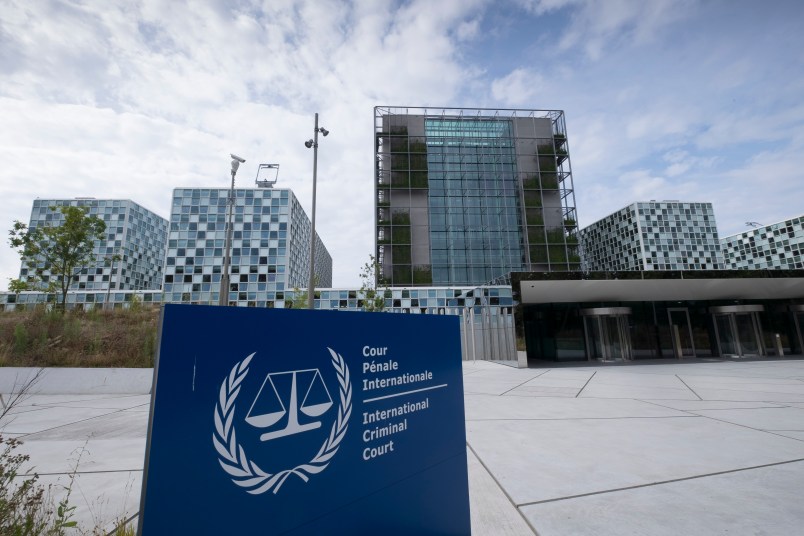WASHINGTON (AP) — The United States will revoke or deny visas to International Criminal Court personnel who attempt to investigate or prosecute alleged abuses committed by U.S. forces in Afghanistan or elsewhere, Secretary of State Mike Pompeo said Friday.
Pompeo, making good on a threat delivered last September by national security adviser John Bolton, said the U.S. had already moved against some court employees, but declined to say how many or what cases they may have been investigating. The ICC prosecutor currently has a pending request to look into possible war crimes in Afghanistan that may involve Americans. The Palestinians have also asked the court to bring cases against Israel.
“We are determined to protect the American and allied military and civilian personnel from living in fear of unjust prosecution for actions taken to defend our great nation,” Pompeo said. He said the visa restrictions would apply to any court employee who takes or has taken action “to request or further such an investigation.”
“These visa restrictions may also be used to deter ICC efforts to pursue allied personnel, including Israelis, without allied consent,” he said.
The United States has never been a member of the ICC. The Clinton administration in 2000 signed the Rome Statute that created the ICC but had serious reservations about the scope of the court’s jurisdiction and never submitted it for ratification to the Senate, where there was broad bipartisan opposition to what lawmakers saw as a threat to U.S. sovereignty.
When George W. Bush took office in 2001, his administration promoted and passed the American Service Members Protection Act, which sought to immunize U.S. troops from potential prosecution by the ICC. In 2002, Bolton, then a State Department official, traveled to New York to ceremonially “unsign” the Rome Statute at the United Nations.
In September said the ICC threatens U.S. national security interests.



